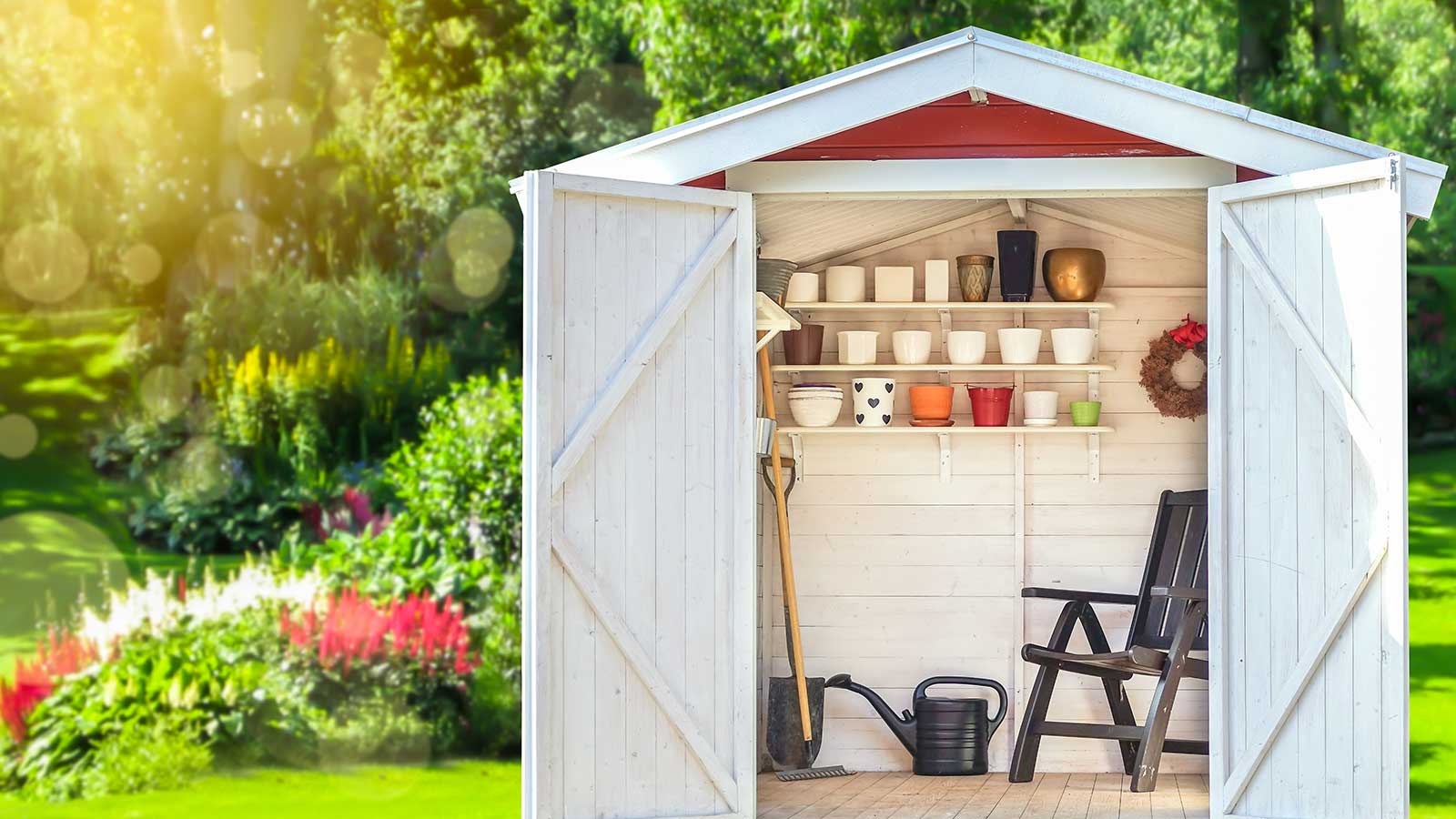
Q: We have recently bought a new house that has a large wooden shed in the yard. We are new to gardening and have never had a shed before – is there anything we should avoid keeping in it?
A: Sheds are excellent storage spaces for many things, and, of course, some are sturdier builds than others. But, it's important to remember that they are generally not as safe and secure as a room in your home.
They are more prone to dramatic temperature fluctuations, they have a greater risk of pest intrusion, and they are susceptible to leaks and dampness. They can also be easier to break into. All of this is worth bearing in mind when deciding what to keep inside, to avoid potential loss or damage to your possessions.
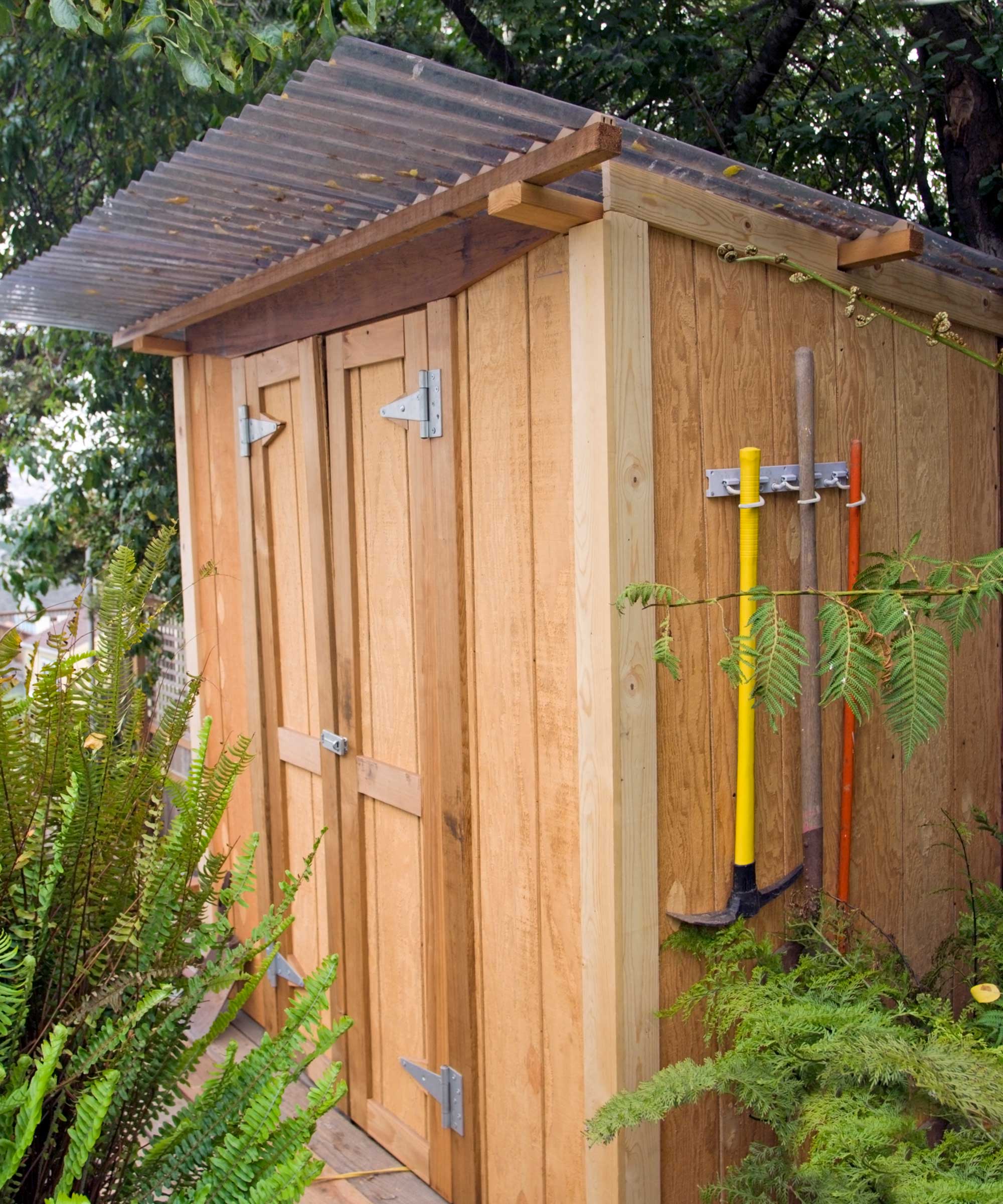
5 items to avoid storing in a shed
Stay clear of these common backyard storage mistakes with your shed.
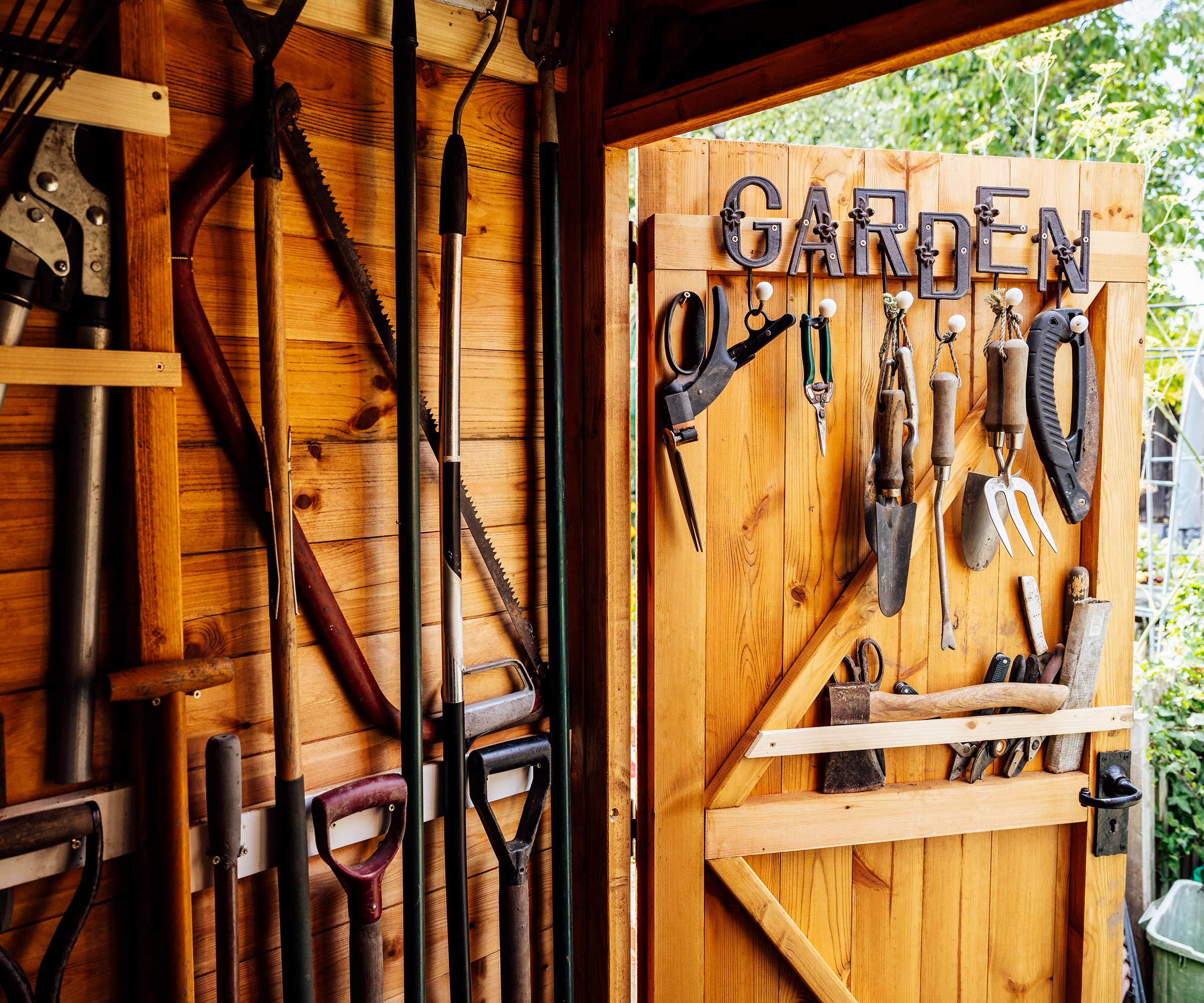
1. Paint
Paint stored in sheds can become damaged over time, says homes expert Mallory Micetich. This is due to the extreme temperatures that these structures are often susceptible to, which can change the texture, she explains. Often, this can't be salvaged, meaning you'll have to discard it.
'Try to store any leftover paint in a temperature-controlled environment for the best results,' she advises. A shelf in a basement or an indoor closet can be a good place to keep it, just ensure it's safely out of reach of children and pets.
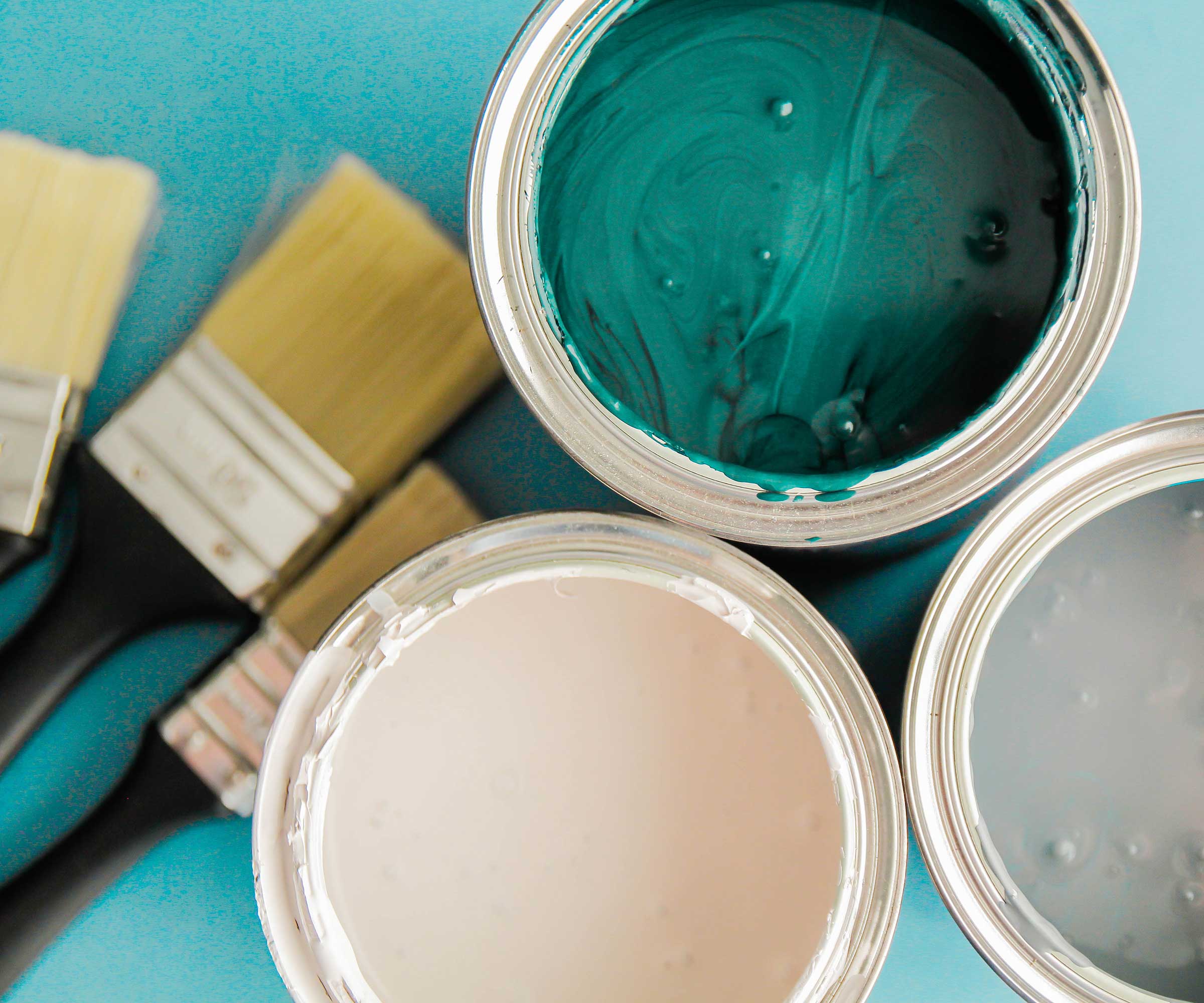
2. Pool chemicals
'Many pool chemicals – particularly dry chemicals, sanitizers, and water balance adjusters – should not be stored in a garden shed, says Alicia Toedter of Leslie’s.
'Garden sheds may be somewhat dry, but are often prone to sharp changes in humidity whenever it rains,' she says. Many pool maintenance chemicals, such as water balancers and chlorine, are often in a powdered, granular, or tablet form. These can absorb moisture from the air and dissolve in it, she explains.
'Not only can this cause the product to clump together, making it hard to properly disperse into pool water, but it also reduces product efficacy and can generate heat or irritating, toxic fumes.'
As well as dry chemicals, some liquid pool chemicals release fumes, and have vented caps to do so. 'Because of this, proper ventilation is extremely important when storing pool chemicals,' Alicia says. 'Insufficient airflow can lead to a buildup of fumes and increase the risk of health and safety hazards. In addition, built-up chemical fumes can also cause corrosion to tools, equipment, and other metal hardware within the shed.'
Finally, Alicia highlights how sheds are not usually insulated or climate-controlled. 'If your chemicals are not stored in a cool area, it will negatively impact their shelf life, and you’ll spend more money to replace them more frequently,' she warns.
Instead of storing pool chemicals in your shed, she advises keeping them in their original containers in a well-ventilated space that is cool, dry, out of direct sunlight, and with a temperature that falls within the recommended storage range. Keep them safely away from children, pets, and wildlife, too.
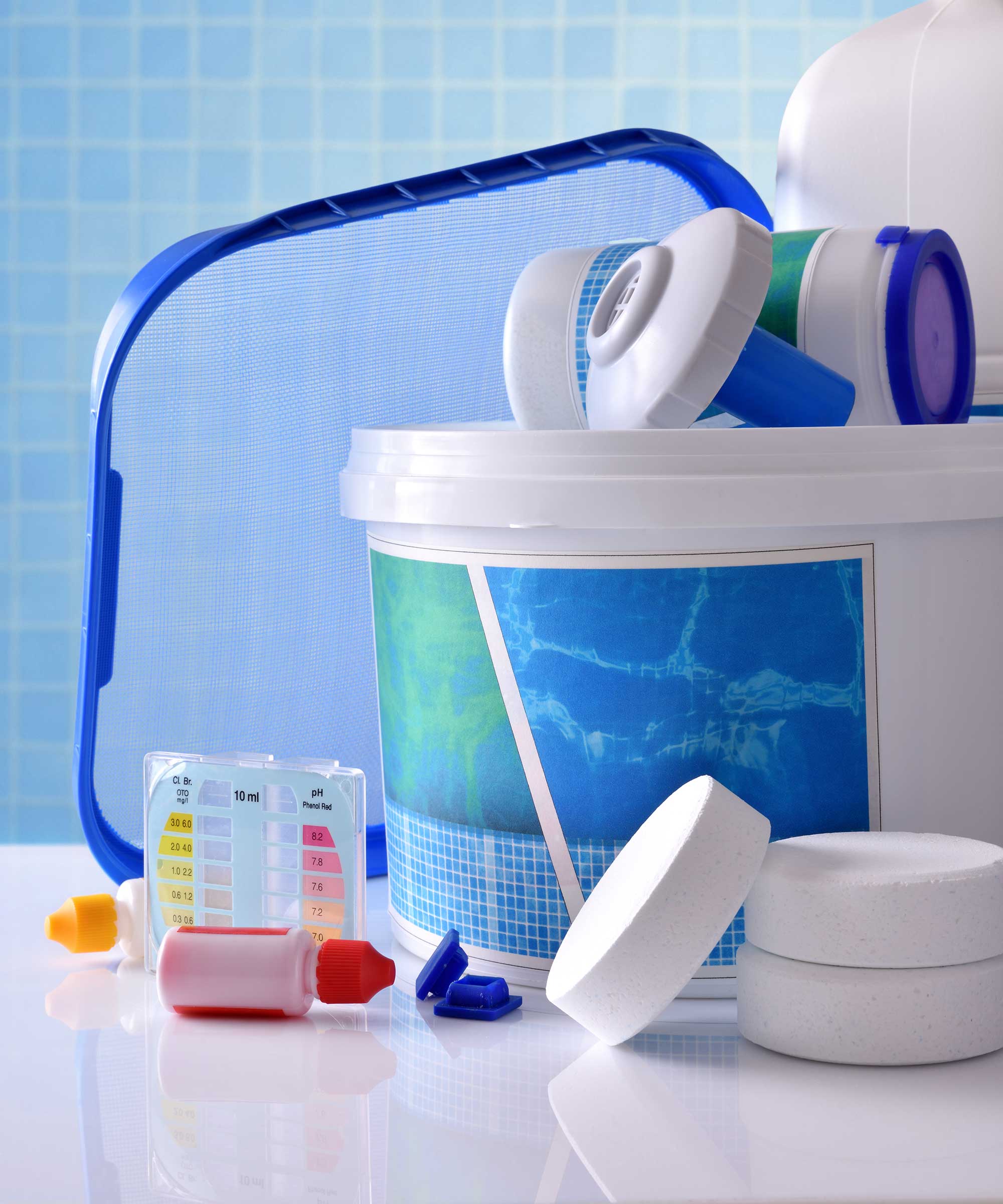
3. Power tool batteries
'Batteries should be stored at a cool, consistent temperature to stay in top condition,' says Mallory. 'If you store them in an uninsulated shed, you run the risk of ruining your batteries or decreasing their lifespan.'
This means you may need to rethink how you store your power tools, particularly during the depths of winter. It's generally advised to remove the batteries and chargers to keep them indoors.
Bear in mind that keeping expensive power tools in a garden shed can also have security risks in terms of break-ins. A lock on your shed door is a must if you don't have space to store them in your home.
Top tip: Damp conditions in your shed can result in metal tools rusting quickly. Storing your tools off the floor and cleaning them regularly can help to keep this problem at bay.
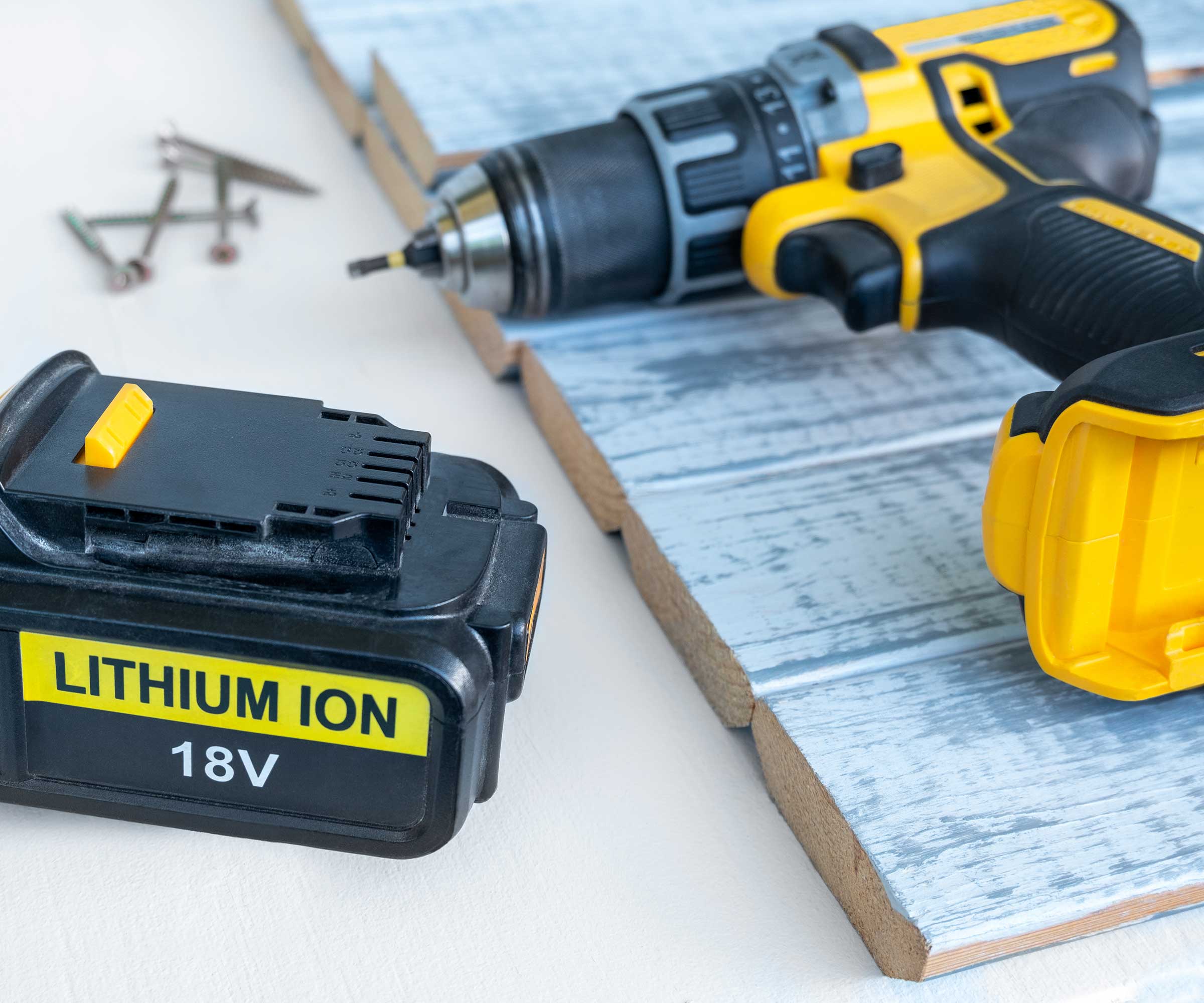
4. Fabrics
Proceed with caution when storing outdoor cushions, throws, and other textiles in your shed. Avoid keeping out-of-season clothes in there, too, Mallory recommends.
If the structure is prone to dampness, the fabrics can turn musty and moldy. Pests can also be attracted to them, resulting in chew holes and stains.
If you don't have anywhere indoors to store them, ensure they are put away clean and dry in plastic storage boxes with lids, such as these ones from Iris at Amazon.
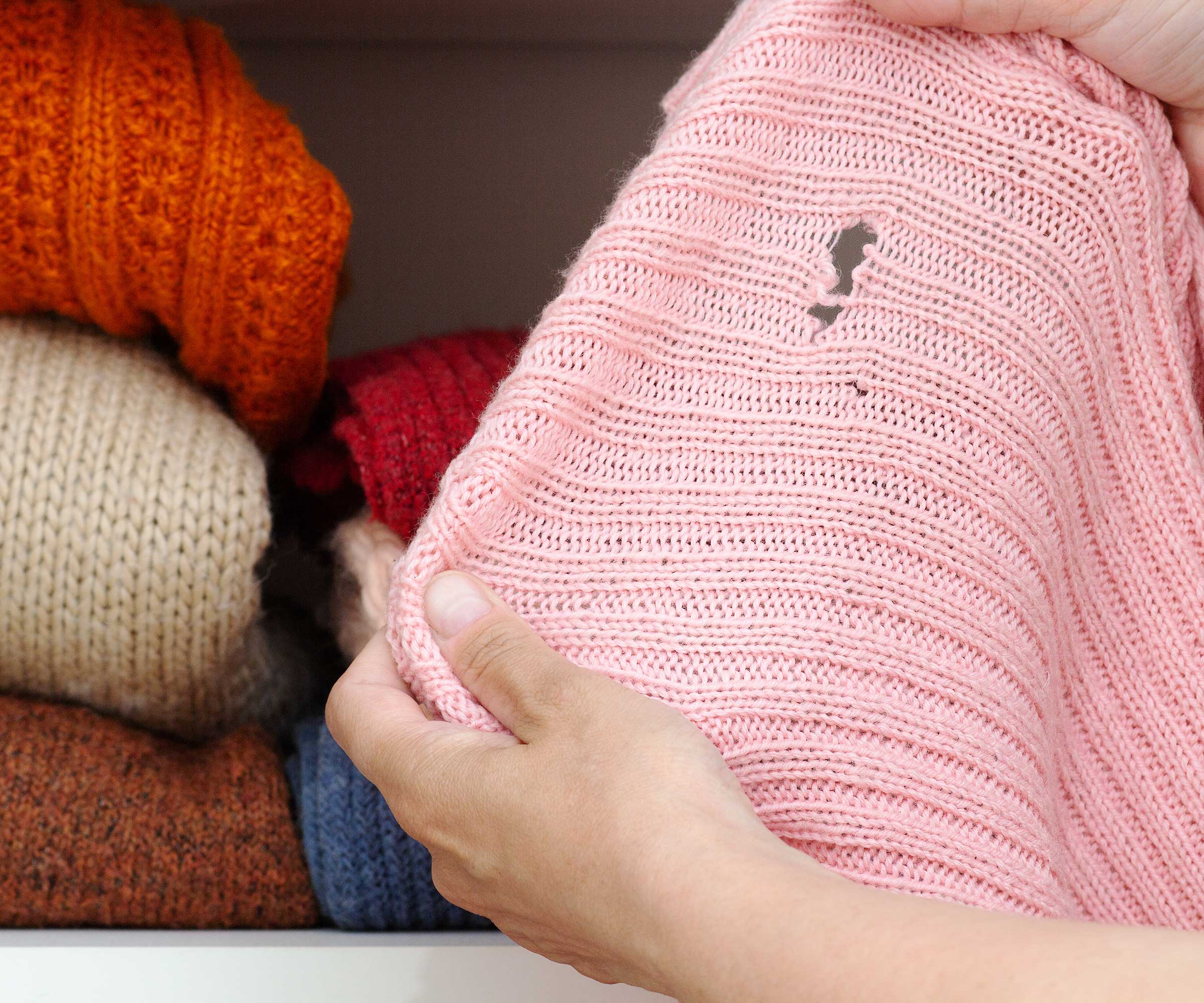
5. Biologicals
David Whitwam, the owner of Whitwam Organics, warns against storing biologicals in a shed. This includes live fertilizers or soil amendments such as teas with live bacteria or products containing mycorrhizal fungus. He also lists bio-pesticides containing spores, such as Bacillus thuringiensis, spinosad, or beneficial nematodes.
They need to be stored somewhere that will not get hotter than the outside ambient temperature, he says. 'Temperatures over 120°F can kill active life.
Some products should be stored in the fridge if long-term storage is needed.'
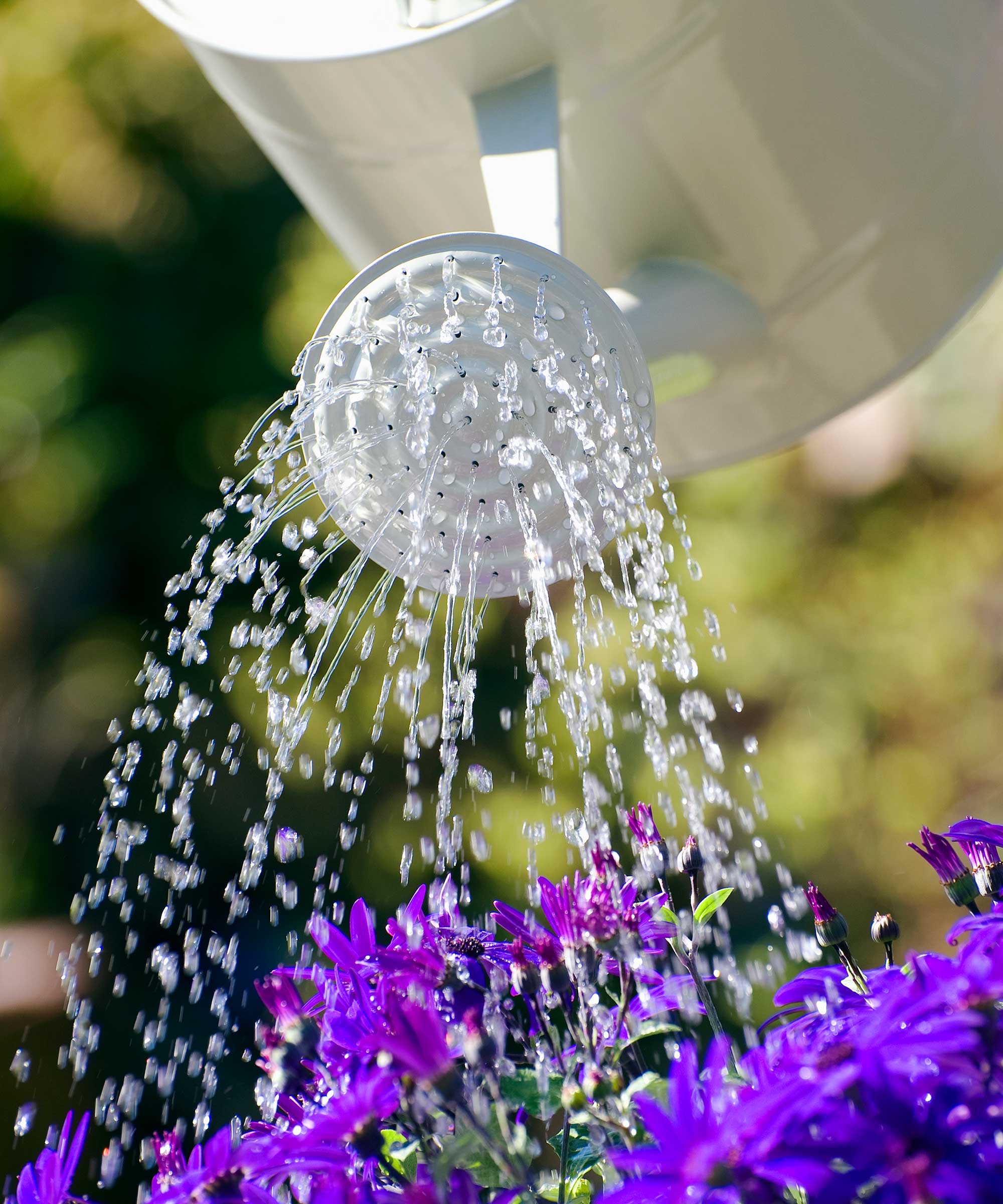
FAQs
How can you make a shed more secure?
Regularly inspecting your shed for signs of wear and tear and carrying out repairs quickly is a must, whether that's fixing leaking windows or replacing the roof. As mentioned, a lock is also essential. There are also some great shed storage ideas to consider.
What items can you store in a shed?
A well-maintained shed can be used to store many items, including cleaned pots ready for re-use, most gardening tools (but remember to consider any batteries and chargers), backyard toys, and hard-wearing foldable furniture.
Once you know what to keep in and out of your shed, it's worth considering some smart shed organization ideas. These will help to keep everything in order and easy to find when you're busy ticking off your gardening jobs.







